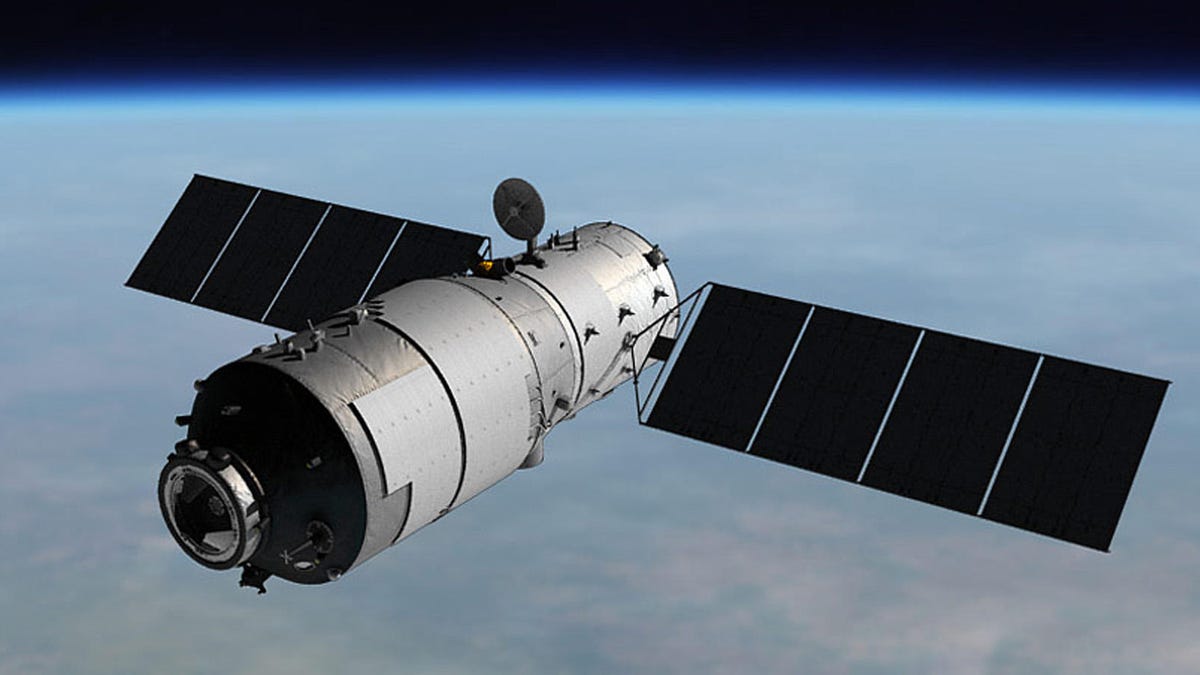China's internet is divided over doomed satellite Tiangong-1
Has China lost control of its space station? Western media says yes, the country's government says no -- and internet users aren't sure who to believe.

China's space 'palace' is set to "retire" by 4 April, according to estimates given by the China Manned Space Agency.
After the country lost control of it, China's Tiangong-1 space station is expected by experts to crash out in a blaze of glory on April 1. China's internet is going wild over the satellite -- but for a different reason.
While foreign publications have reported a likely loss of control as reason for Tiangong-1's impending self-destruction, local media is saying the space station is "retiring" after having accomplished its mission.
Internet users have engaged in a debate on Weibo, China's Twitter-equivalent. Some are doubtful of the reason given by China, lambasting local publications for not reporting the "truth" -- that China has lost control of Tiangong-1. Others are accusing the non-believers of being "Chinese traitors" that are never happy for the country's successes, and foreign media for "spreading lies" to attract readership.
Experts in the country are also dismissing speculation that the Tiangong-1 is going out of control as "overthinking" matters, according to Chinese state-owned media, adding that the National Space Centre says it was designed to leave its orbit at the end of its life.
State-run media in China is seen as a propaganda tool of the Chinese Communist Party and typically defends state interests. News that is deemed critical of or embarrassing to authorities -- such as a possible failure of the Tiangong-1 -- are kept out of the public eye.
Still, numerous Weibo users are paying tribute to Tiangong-1 and remembering it through photos, calling it "China's pride." One comment also thanked the team behind the space station for its hard work.
A handful, though, are turning the event into a joke: "Why can't we give the space station to… kids that can't afford to go to school," wondered one user. Another suggested Tiangong-1 could be taken by "weishang," referring to people who do business on Chinese social messaging platform, WeChat.
The return of Tiangong-1 is expected to be sometime between 31 March to 4 April, according to a statement released by the China Manned Space Agency. The European Space Agency, however, gave a narrower range of prediction, estimating that it will crash over the Easter weekend.
CES 2018: CNET's complete coverage of tech's biggest show.
The Smartest Stuff: Innovators are thinking up new ways to make you, and the things around you, smarter.

